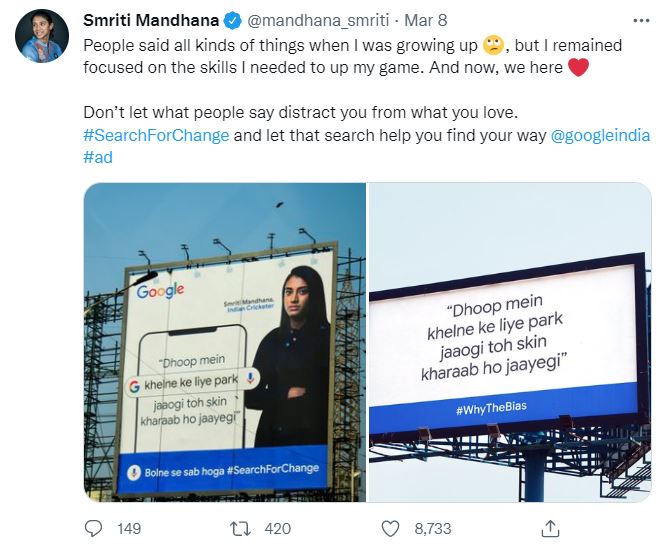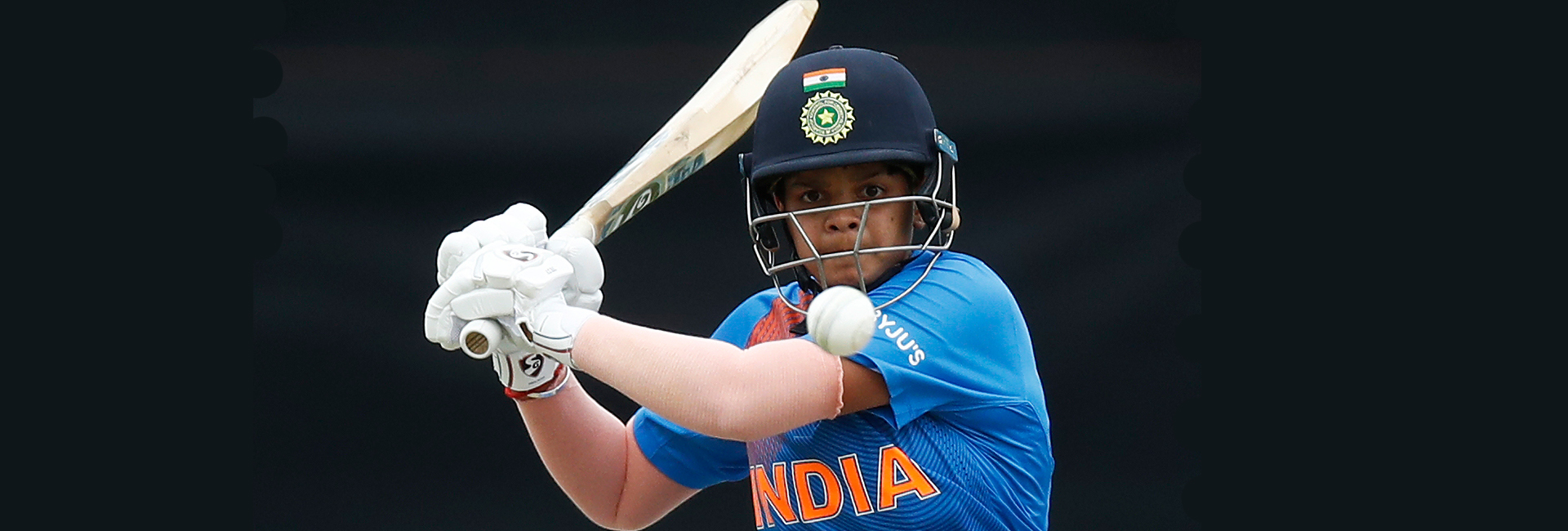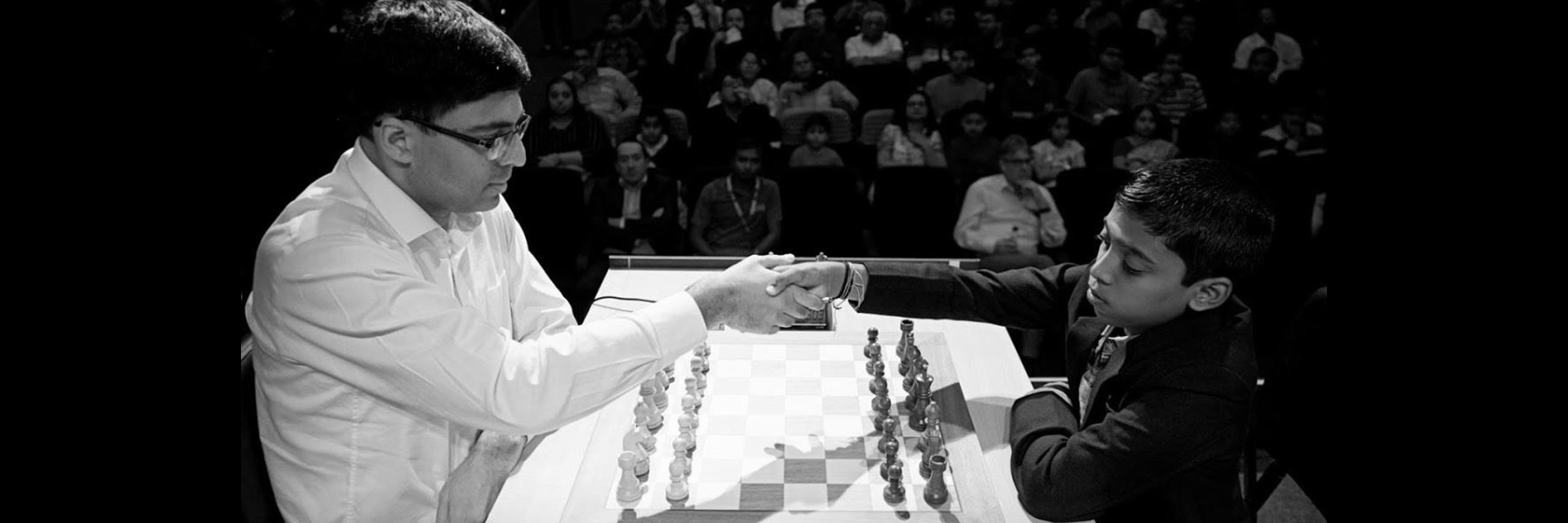(July 15, 2022) India’s star opener, Smriti Mandhana, comes from a family of cricketers. The 26-year-old, who watched her brother play in district tournaments and would save his newspaper clippings as a child, has carved a glorious career for herself. Today, she ranks as the only Indian batter in the top ten list of women’s One Day International (ODI) player rankings. Moreover, she was awarded the Rachael Heyhoe-Flint Trophy for being the best female cricketer of the year, not once but twice – in 2018 and 2021. Even the BCCI named her 2018 Best Women’s International Cricketer.
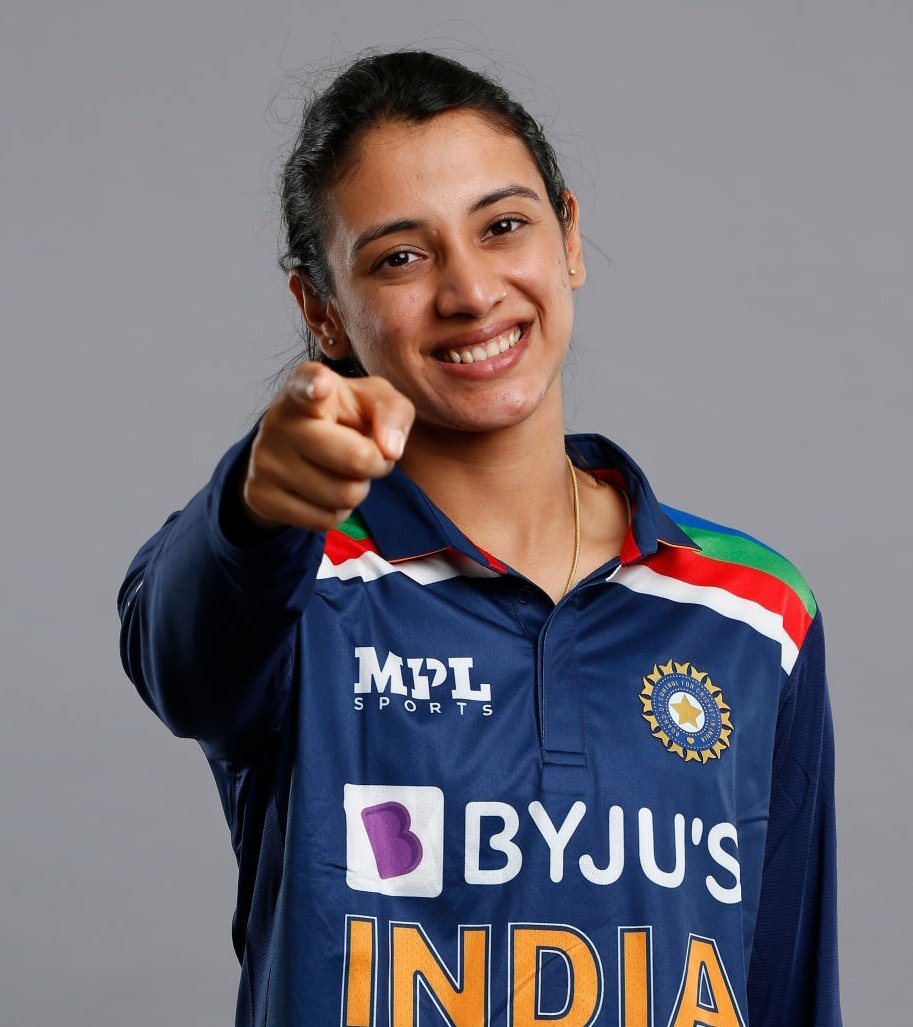
Smriti Mandhana, Indian cricketer
The left-handed batter has also been awarded the prestigious Arjuna Award for her accomplishments. “Proud to call myself an Indian. I still fondly remember the day I got the (first) chance to represent my country, a feeling beyond words,” reminisced the cricketer in one of her tweets. Global Indian turns its spotlight on India’s record setting player.
Rise of a star
It was in 2013 that her budding cricketing career took a quantum leap when she clinched two centuries in a one-day game. The Mumbai-born cricketer was playing for Maharashtra against Gujarat, scoring an unbeaten 224 in 150 balls in an under-19 tournament at Vadodara. She reached another milestone in 2016 by scoring three half centuries that led her team to win the Women’s Challenger Trophy. She became the tournament’s top scorer with 192.
Her international debut was in 2014 test match against England at Wormsley Park. In 2016, during the Australian tour, Smriti made a mark – scoring her international career’s maiden century. That year, she was the only Indian player to be named in the ICC Women’s Team of the Year. She has been representing the country and displaying her excellent cricketing prowess in tournaments like the Women’s Cricket World Cup, Women’s Twenty20 Internationals, Women’s One Day Internationals and Women’s Cricket Super League.
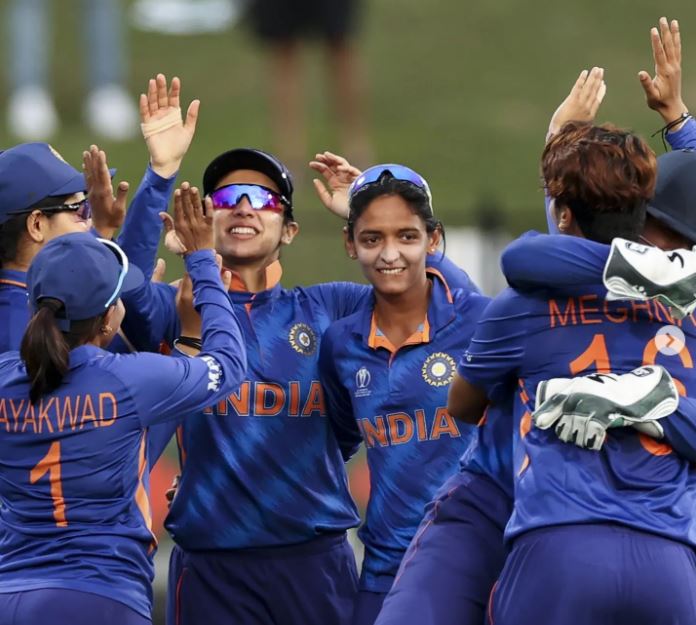

Smriti Mandhana with Indian women’s cricket team members
The year 2019 was a significant year for the ace cricketer as she became the youngest captain of India’s women Twenty20 international squad for the three-match series against England, at the age of 22.
“Heartiest congratulations on yet another magnificent year in international cricket. Keep giving your best and keep scaling new heights,” lauded cricket legend Sachin Tendulkar, when she received the ICC Cricketer of the Year Award this year.
A Rajasthani girl raised in Maharashtra
Born to a Rajasthani family in Mumbai, she did her schooling at Madhavnagar. Seeing her father and brother play cricket at the district level, she was instantly attracted to the game during her growing up years. She would often accompany her brother to see him play, and knew that someday she would be scoring runs like him. It was her father who started training her for cricket. She was so good at the game that she was selected in Maharashtra’s Under-15 team when she was just nine. This initial nudge made her father confident that Smriti had a future in the sport. She soon started training under a junior state coach, Anant Tambwekar. At eleven, she made it to the Maharashtra Under-19s team.
Though she spent most of her time on the field, studies never took a back seat for the cricketer, who is a graduate in commerce from Chintamani Rao College of Commerce, Sangli.
Life other than cricket
Though the pandemic put a screeching halt on her game, the cricketer made her presence felt off the field with her popular talk show, Double Trouble. Featuring Smriti and cricketer Jemimah Rodrigues as hosts, the show gave an insight into the world of Indian sports stars.
The star cricketer, whose net worth is close to $3 million, calls her family the wind beneath her wings. Her father, Shrinivas, a chemical distributor by profession, still handles all her cricket schedules, while her mother, Smita, manages her diet. Apart from her glorious cricketing profession, she has also stepped into entrepreneurship with SM18, a café and restaurant in her home town, Sangli. However, cricket is something that is closest to her heart. “Whenever I go out to bat, my only responsibility is to look at the scoreboard and think what India needs from me at this moment,” said the cricketer in an interview.


